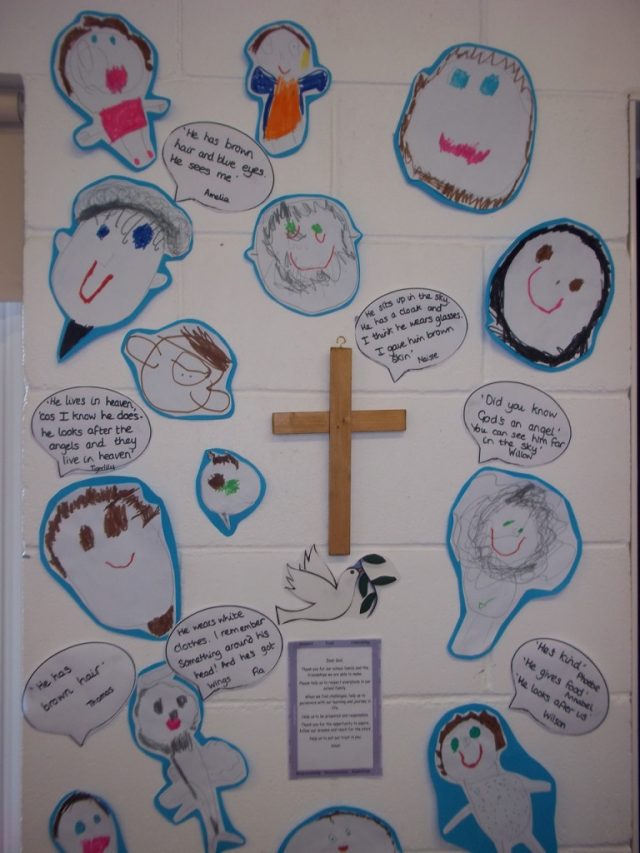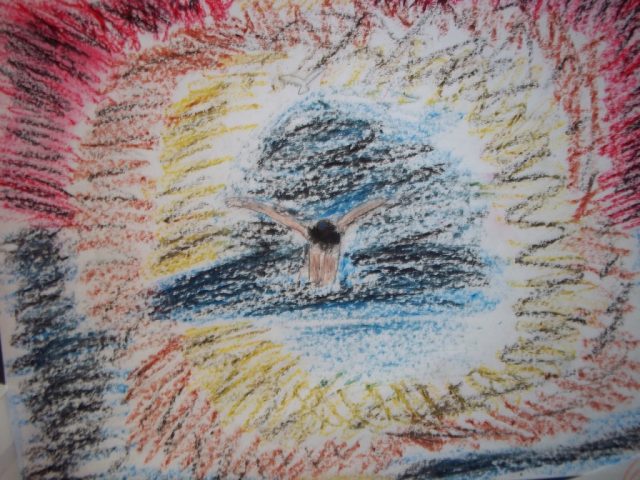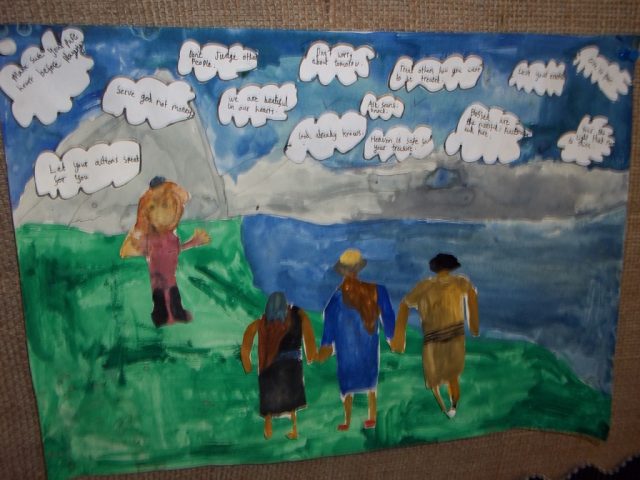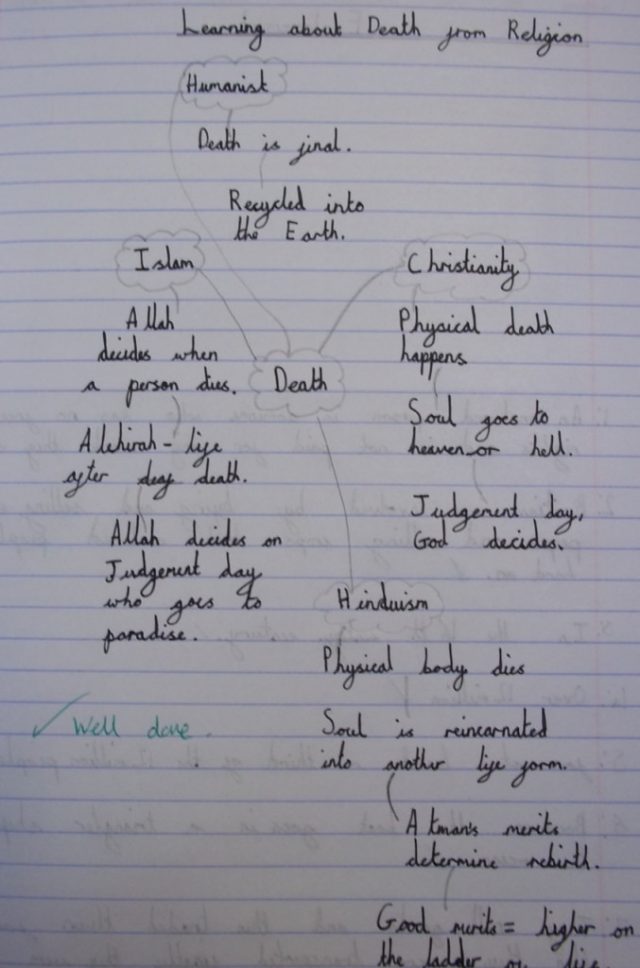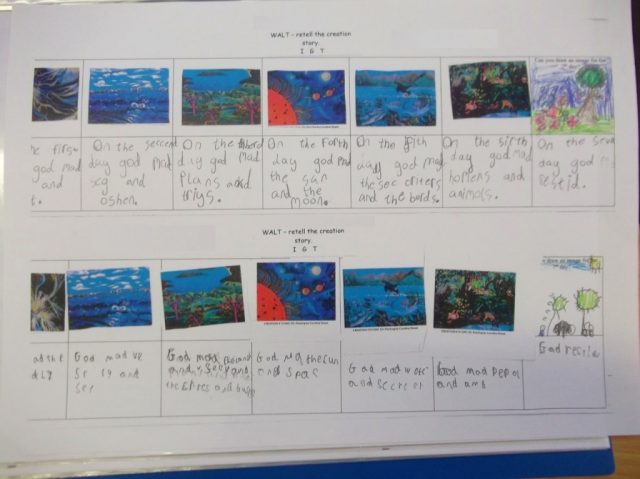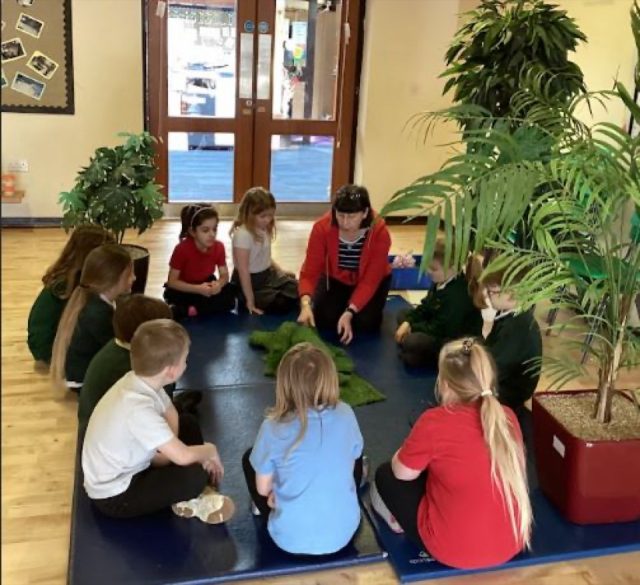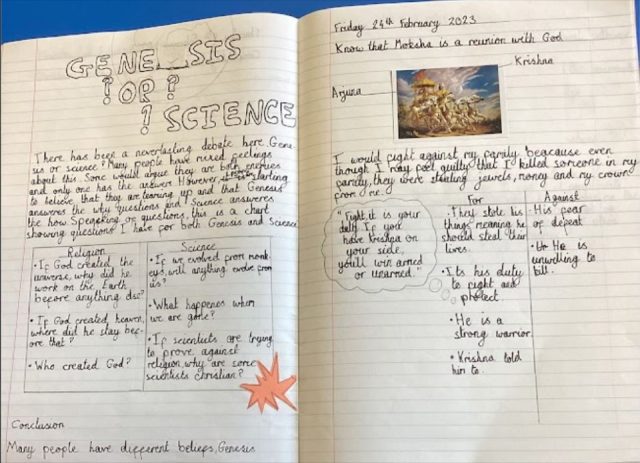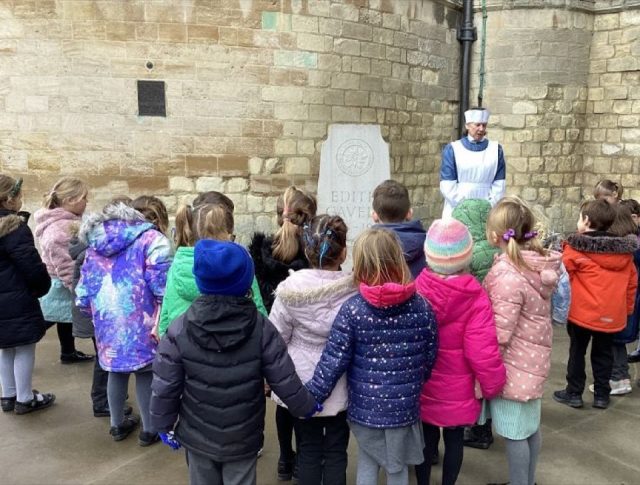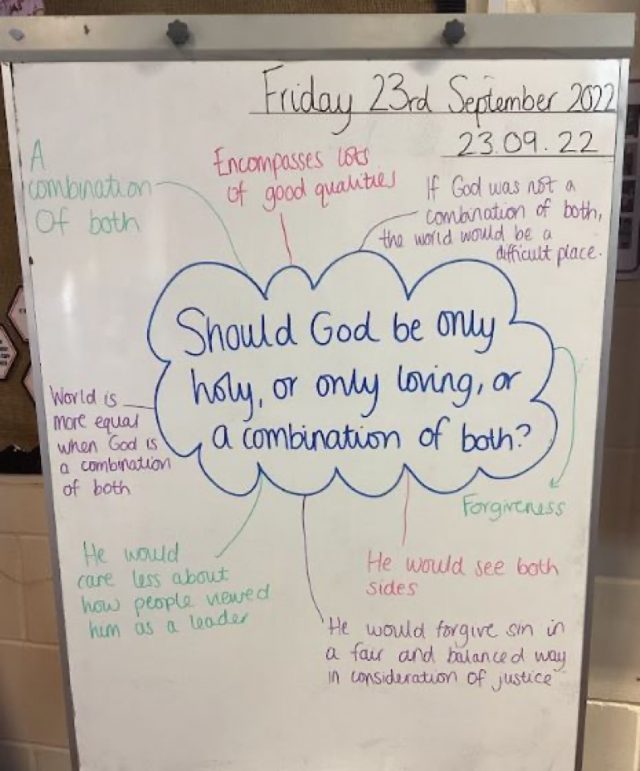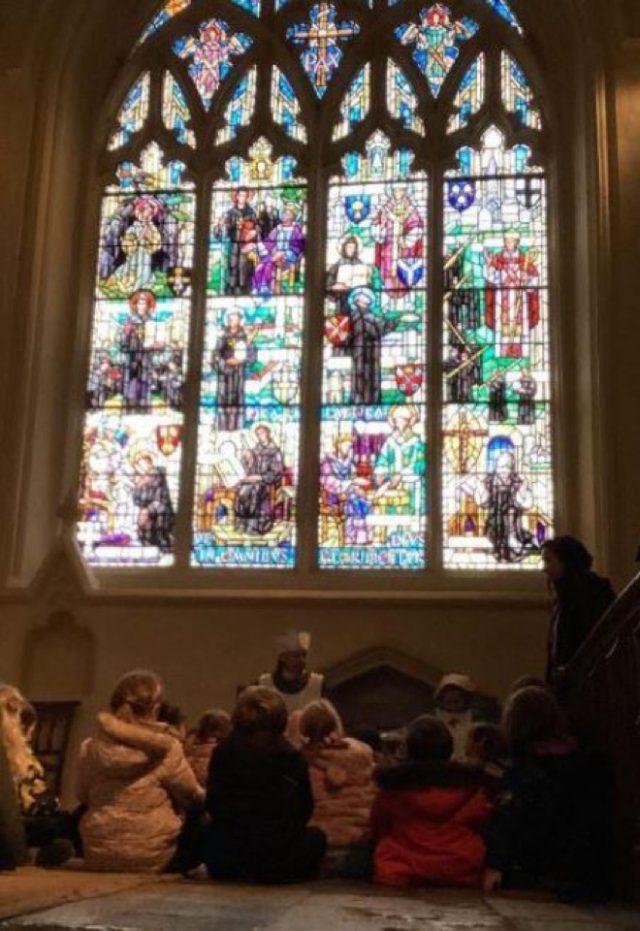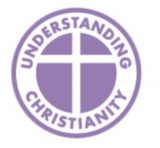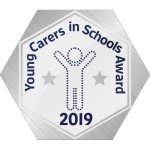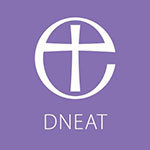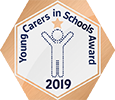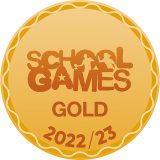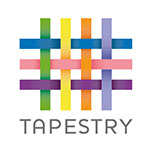“RE is primarily about enabling pupils to become free thinking, critical participants of public discourse, who can make academically informed judgements about important matters of religion and belief which shape the global landscape”.
(Norfolk Agreed Syllabus 2019)
Intent
Religious Education is a statutory entitlement for our pupils and accessible to all.
We share the same vision as the Church of England Statement of Entitlement, that Religious Education in a church school should enable every child to flourish and live life in all its fullness (John 10:10).
Religious Education is a statutory requirement for all church schools and prepares pupils for opportunities, responsibilities and experiences of life in modern Britain. We believe that Religious Education at Kessingland Church of England Primary Academy should be high quality and support religious literacy. We follow the Norfolk Agreed Syllabus and within this context, being religiously literate means that our children will have the skills to be able to hold balanced and well-informed conversations about religion and worldviews.
Our teaching of RE is rooted in a multi-disciplinary understanding of the subject. This ensures that pupils are seeing religion and worldviews through different lenses and places RE within a strong, and well-established academic tradition. Religious Education is delivered through a creative and engaging curriculum, rich in discussion and debate. Pupils explore questions of meaning, ethics and morals to help build pupil character and skills that will continue to be built upon in adulthood.
The central part of our Religious Education is Christianity as a living and diverse faith, focused on the teaching of Jesus and the Church. However, as an inclusive school and community, we want our children to learn about a range of religions and worldviews to foster respect for others, drawing on similarities and common themes and values.
In line with the Norfolk Agreed Syllabus, our Religious Education teaching is rooted in three key disciplinary fields. These are theology, philosophy and the human and social sciences.
Through this approach, we want our pupils to be well-informed and hold balanced views, because they will have a breadth and depth of understanding validated by knowledge across a balance of the three disciplines.
Implementation
To ensure high standards of teaching and learning in Religious Education, our curriculum is progressive throughout the whole school.
Key Concepts: texts and sources of authority, beliefs about God, practice and expression of belief, questions about knowledge, meaning and existence and morality – right and wrong, good and evil
Domains of Knowledge: theology, philosophy and human and social science
EYFS: RE in EYFS will prepare children for the multi-disciplinary approach. Pupils begin to explore religion and worldviews in terms of important people, times, places and objects, as well as visiting places of worship. Pupils listen to, and talk about, religious stories which may raise puzzling and interesting questions. They are introduced to specialist words and use their senses in exploring religious beliefs, practices and forms of expression.
KS1 and KS2: In order that pupils can become religiously literate, we adopt an approach in RE that balances the disciplines of Theology, Human and Social Sciences and Philosophy. This approach helps pupils to become well-informed and hold balanced views because they will have had the opportunity to gain a real breadth and depth of understanding and use a range of different methods to validate knowledge across the disciplines. Each unit of work follows an enquiry based approach – engage, enquire, explore, evaluate, and express.
Enrichment: The school’s Religious Education curriculum is enriched through our sustained partnerships with the Diocese of Norwich and St Edmund’s Church in Kessingland. Alongside visits to places of worship and hearing from members of different faiths, our children engage in Religious Experience days. Opportunities are also enhanced through our Forest School provision.
Impact
The Religious Education curriculum builds towards three end points, describing what we want our pupils to achieve in each of the disciplines by the end of Year 6:
End Point 1: Pupils will have the ability to ask questions that BELIEVERS would ask. Explore questions and answers that arise from religions and worldviews through a range of religious texts and sources of authority.
End Point 2: Pupils will have the ability to THINK through LIVING. Explore questions and answers that relate to how religion and worldviews impact on believers’ daily lives.
End Point 3: Pupils will have the ability to ask questions that THINKERS would ask and think like philosophers. Explore questions and answers by considering the nature of knowledge, existence and morality.
Religious Education is assessed against age related expectations in the Norfolk Agreed Syllabus.
- Floorbooks are used to help teachers focus their teaching clearly and learn to enjoy RE and understand religions themselves. They are a window into the excitement, interest and deep thinking we want to promote in RE.
- ‘Express Tasks’ enable pupils to show how well they are acquiring the knowledge, understanding and skills in each unit.



